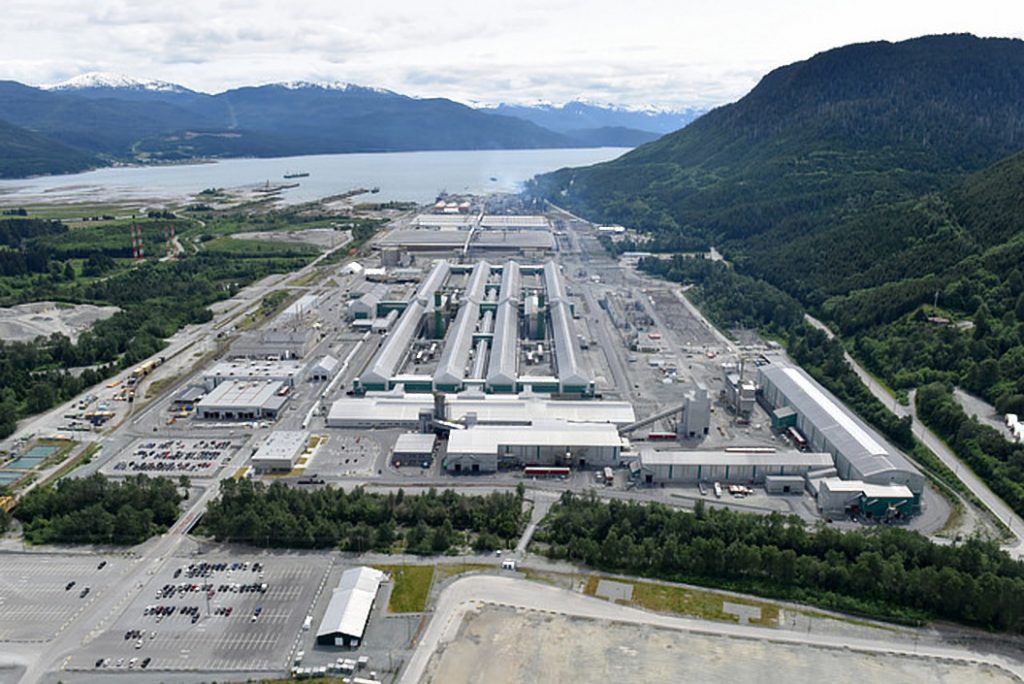Rio Tinto reviewing Rusal ties, mum on Queensland venture

April 10 (Reuters) – Rio Tinto Plc is reviewing its dealings with Russian aluminum producer United Co Rusal to ensure compliance with U.S. sanctions, a top executive said on Tuesday, but added it was too soon to discuss the future of its Australian venture with Rusal.
“We are reviewing in detail all our trading relationships with Rusal and other counterparties and we will obviously do what we have to do to ensure that we comply with applicable sanctions,” Alf Barrios, Rio Tinto Aluminium’s chief executive officer, said in an interview.
The United States imposed major sanctions on Friday against Russian entities and individuals, including aluminum giant Rusal, in one of Washington’s most aggressive moves to punish Moscow for its alleged meddling in the 2016 U.S. election and other shady activities.
Rusal owns 20 percent of Rio’s Queensland Alumina Ltd, a refinery operation with annual capacity of 3.95 million tonnes of alumina. Rio owns the remaining 80 percent.
Barrios said global miner Rio has received calls from customers wanting to ensure a secure supply of aluminum in the future. Rio would continue to work with them to support them, he said. Rusal produced about 7 percent of the world’s aluminum in 2017.
Rio, a major supplier of aluminum to the United States from its smelters in Canada, will be among the biggest winners from U.S. sanctions on Hong Kong-listed Rusal as the penalties further shake up the global metals trade and boost costs for U.S. consumers, according to industry sources.
Aluminum prices rallied to a more than six-week high on Tuesday in their longest winning streak since December.
Separately, Rio said it has received certification under the Aluminium Stewardship Initiative (ASI), an international standard certifying that aluminum has been responsibly and sustainably produced.
“We believe that having this certification that proves that we do follow highly set standards internationally is going to be important for customers,” Barrios said.
Other members of the ASI include Apple Inc and automakers Audi and BMW.
(Reporting by Nicole Mordant in Vancouver; Editing by Chizu Nomiyama, Alistair Bell and Jeffrey Benkoe)
{{ commodity.name }}
{{ post.title }}
{{ post.date }}




Comments